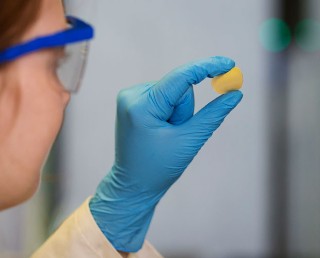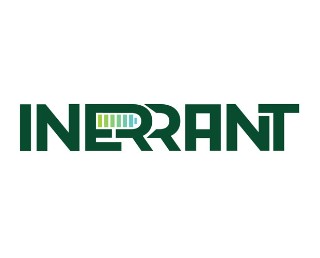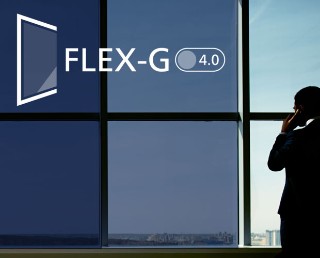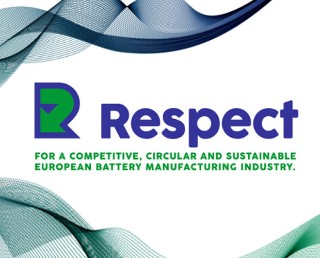
The aim of the KMU-innovativ project ELEKTRA is to develop a continuous manufacturing process for electrochromic films. To this end, the electrochemical batch process is being further developed into a roll-to-roll (R2R) process for aqueous solutions on film. An automated coating system is being designed that enables in-situ quality control by means of optical layer thickness measurement and segmented anode control. At the same time, the control of the EC films is to be developed. The process quality will be analyzed as part of the prototype implementation. The film elements will be tested in practice by applying them to a glass element as a demonstrator.
more info







